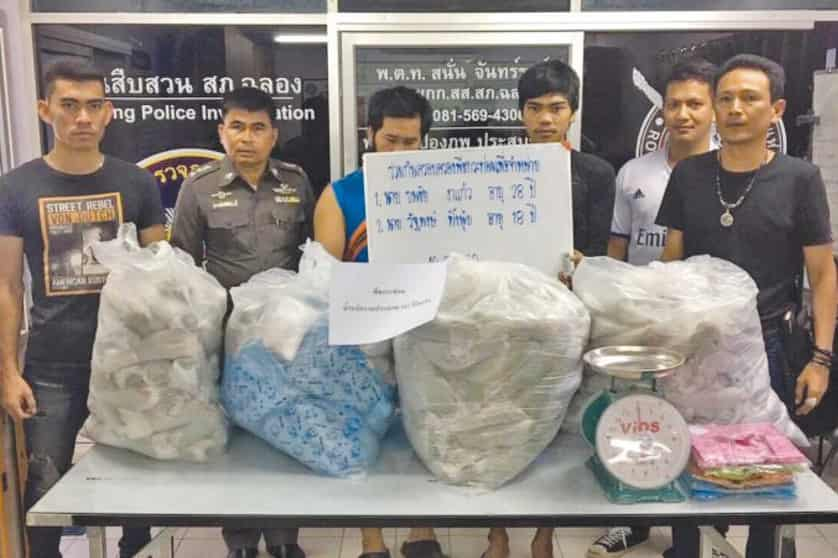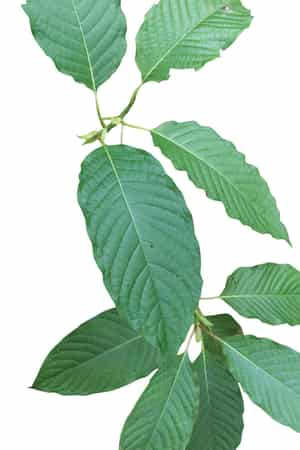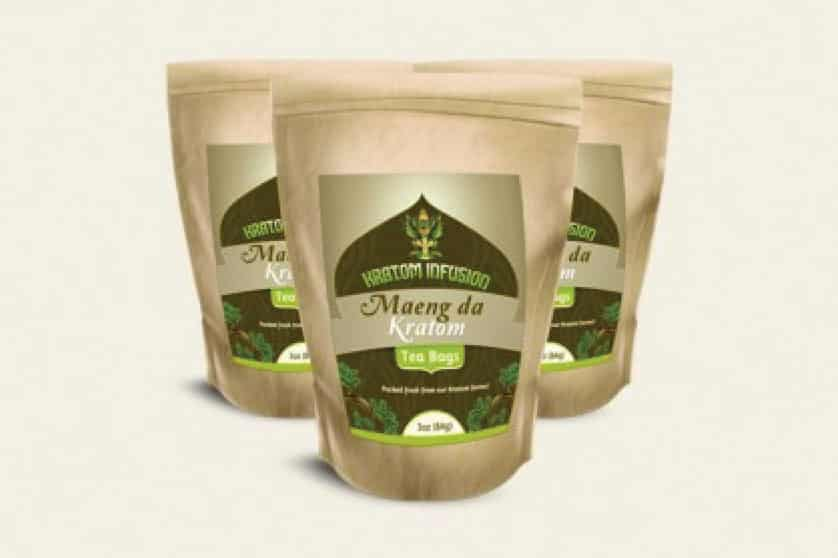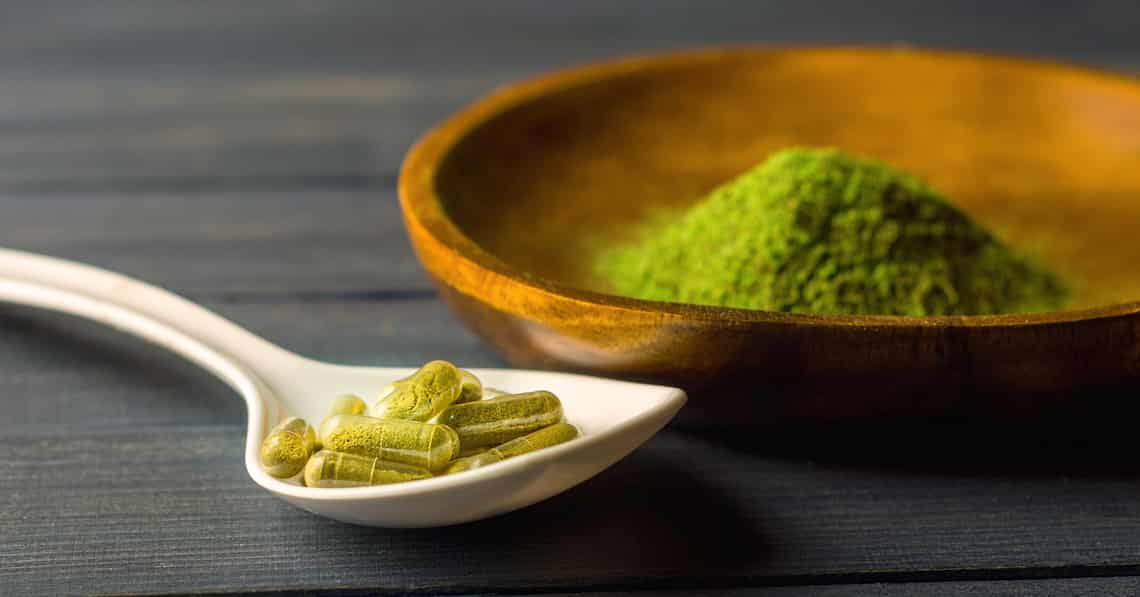“The world has lost the war on drugs. Not only Thailand.”
This sombre admission came from Justice Minister Paiboon Khumchaya in April 2016. After several decades of draconian drug laws, the results were very bleak. Thailand’s jails were severely overcrowded, causing frequent human rights violations, and yet the rates of drug usage were still soaring to record-highs each year. In 2016, drug offenses alone constituted a striking 65% of Thailand’s overall prison population.
In response to the failed drug policies, the Justice Ministry announced that it was planning to decriminalise three of the most common drugs within Thailand — marijuana, methamphetamine, and kratom (Mitragyna speciosa). Of course marijuana and meth have always been central subjects in the drug policy conversation — but what about kratom? How had this traditional Thai herb become a main topic in this conversation?

A Quiet Crackdown
The police have actually been ramping up a war against kratom since 2004, during the violent war on drugs campaign of then Prime Minister Thaksin Shinawatra. According to Dr. Pascal Tanguay, a public health specialist and the foremost kratom scholar in Thailand, the police have only become more militant since Paiboon’s announcement rather than curbing the suppression of kratom. This war on kratom is particularly strange since the Thai Office of Narcotics Control Board has publicly claimed that kratom is, “less harmful than coffee and, if legalised, could be used as an alternative to methadone.”
So there must be public outrage about this harsh crackdown for its contradictory motivations, right? Quite the contrary. From a survey of northern Thai people and media coverage, one might guess that kratom is a non-issue.
In fact, many Chiang Mai locals who are very familiar with the drug scene seem to know almost nothing about the substance at all. Asked about their experiences with kratom, one group (who asked to remain anonymous) guffawed, “Isn’t that sort of an old person thing? Boring, you know?” Many groups of college students incorrectly assumed that kratom’s physiological effects are similar to weed. I met one expert from the drug scene who did not even know kratom was illegal. Given the general lack of knowledge about the substance itself, these northerners were shocked to hear that the Thai police have been expanding a crackdown against kratom in the south for the past 15 years.
So why, then, have the southern police forces been cracking down on this traditional substance? And what the hell is kratom, anyway?
Crash Course on Kratom

The kratom tree (Mitragyna speciosa), a tropical evergreen, has always grown bountifully in Southeast Asia’s tropical regions. For millennia, Thai farmers have chewed the leaves as a mild stimulant, akin to coffee, to alleviate fatigue while working in tropical heat. When one chews the leaves or brews a small amount into a tea, one feels a swift energy kick and a slightly elevated mood. If one drinks a very concentrated kratom tea, one will feel pleasantly calm and a slight analgesia, similar to a slight tipsiness or a very mild opiate high. In addition to using kratom for productivity and recreation, several centuries of Thai herbal doctors have employed kratom teas and powders for medicinal purposes.
In America, which of course has more than its own fair share of flawed drug laws, one can still legally purchase safe, cheap kratom powder in tobacco stores in every major city. Having tried some kratom tea while living in America, I can attest to its mild, pleasant effects. After having one strong kratom tea, I felt calm and slightly sleepy. My cheeks flushed with a warm giddiness, but I didn’t feel clumsy or dizzy as I might when drunk. It was as if I had drank 2-3 glasses of wine in this one gritty, bitter drink. After my first drink of kratom, I had no urge to drink more.
Most significantly for the future drug policy, Thai people have used kratom tea to wean opium addicts off of opioids for centuries – think of it as naturally occurring methadone. In fact, many recent Western studies have confirmed the efficacy of this treatment — kratom is indeed an effective, non-addictive opiate substitute. Furthermore, although kratom makes for a pleasant experience, severe addiction to kratom is rare, and overdose from kratom alone is almost impossible. However, even Thailand’s most prestigious medical researchers cannot currently study the chemical nature of kratom and its potential medical uses because of Thailand’s prohibitive laws. So when did the innocuous leaf become a public menace?
The Vilification of Kratom
Kratom has technically been illegal since the Kratom Act of 1943, but was not seriously policed until 2004. Although Thaksin’s harsh crackdown against meth and marijuana began in 2003, he only started policing kratom after southern Malay insurgent groups began their attacks in 2004. This crackdown targeted mostly Malay communities, even though kratom is used throughout Thailand.
So kratom only became an issue after the insurgency attacks, and for some reason is only seen as a problem in the Malay communities. What accounts for this disparity in policing? The police justify the campaign by linking kratom usage to the insurgency movements. They have suggested that these political groups use the substance to lure young people into their insurgent movements. The police have even claimed that kratom tea makes people psychotic and murderous. These accounts from the police are completely hyperbolic. In a recent study of over 9,000 insurgents, it was found that less than 1% used kratom. As it turns out, there has been no actual evidence to suggest that insurgent groups use kratom to attract new recruits.
While the police accounts are false, they reveal the political motives behind this otherwise illogical crackdown. By associating kratom with the Malay insurgent groups and vilifying the substance, the police have been able to constantly monitor and invade the communities of Malay peoples under the pretense that they are policing kratom. It seems, then, that part of this war on kratom is really a means of monitoring and policing the Malay population in the south.
Of course I don’t mean to suggest that there should be no monitoring of the insurgent groups; these groups are indeed violent and should be monitored. But when a government harshly polices an entire population of people — in this case the largely peaceful southern Muslim peoples — because of the actions of a tiny minority — the insurgent groups — all sorts of dangerous extrajudicial activity can run rampant. If they are to continue excessively policing these populations, we should at least demand that they no longer justify this militant presence by claiming that they are policing kratom.
The dangers of a war on drugs with political motivations are great. One might assume that the Thai people would understand these dangers well, having witnessed the horrific results of Prime Minister Thaksin’s war on drugs from 2003-2008. In the first three months of Thaksin’s militant campaign, there were at least 2,800 extrajudicial killings. In 2007, an official investigation found that more than half of those killed had no connection to drug production or selling. This outright slaughter ought to serve as a reminder of the horrors that can occur when drug laws enforce a political agenda.

Kratom as a Piece of the Cure
The current administration has already recognised the need for change. Now it needs to implement the change. “As for now,” Dr. Tanguay claims, “it’s easier for kids [in Thailand] to start off on amphetamines than kratom. It should be the other way around. If you can’t control your market, don’t cut out your weaker drugs.”
Because the crackdown on kratom is significantly contributing to the overcrowded jails and human rights violations, the policing has already become an international issue. In 2016, The United Nations Office on Drugs and Crime expressed the urgent need for decriminalising kratom: “Criminalisation of kratom in Thailand is unnecessary and counterproductive given decades of unproblematic use,” the report wrote.
For now, the harmful effects of these laws persist. In fact, The Chiang Mai police just recently discovered a stash of “10 million baht worth of heroin” on the side of the road. This bulk amount of heroin, they suggest, is a sign that there must be a significant market of heroin users in Chiang Mai. How much worse must the problem become before the core problems are really addressed? Must there be a new generation of heroin addicts and HIV cases? It is time for the government to implement empirical harm-reduction policy.
